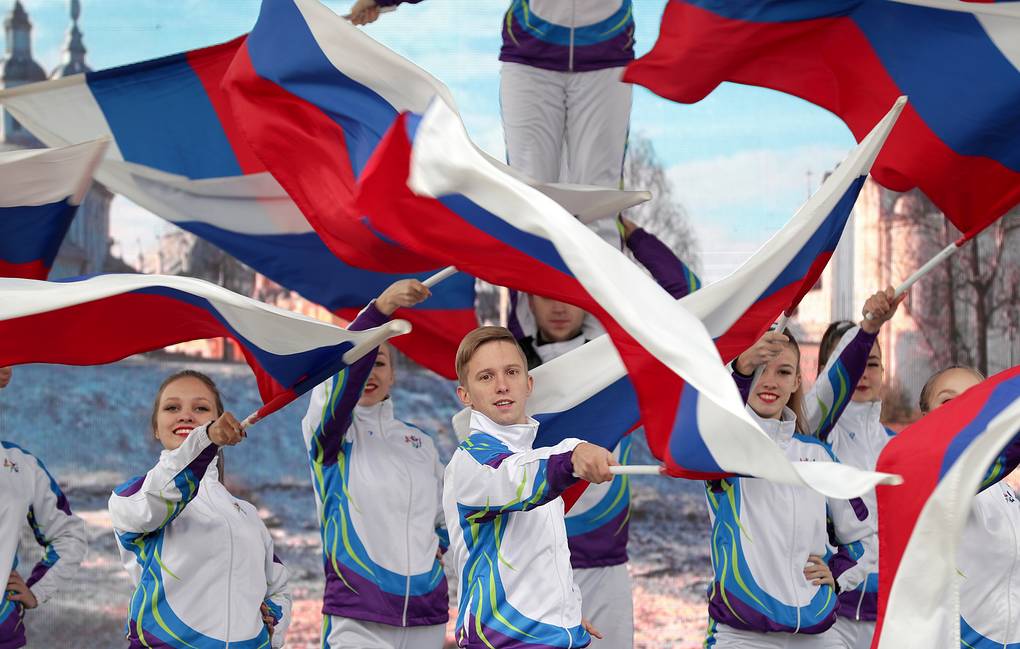The holiday was established to mark Moscow’s liberation from Polish invaders in 1612 MOSCOW, November 3. Russia has been celebrating National Unity Day on November 4 since 2005. The holiday was established to mark Moscow’s liberation from Polish invaders in 1612. It was granted the status of a military glory day on December 29, 2004, when amendments to the federal law On Russia’s Days of Military Glory and Commemorative Dates were adopted. November 4 is a day off in Russia and this year November 5-7 is a long weekend.
Moscow’s liberation from Polish invaders
The liberation of Moscow from Polish invaders in 1612 was a key event of the Time of Troubles in Russia, a period of political crisis in Russia that followed the demise of the Rurik dynasty (1598) and ended with the establishment of the Romanov dynasty (1613). Two false heirs to the throne, known as False Dmitris, were backed by the Polish-Lithuanian Commonwealth that wanted to grab power in Moscow. Rurikid Prince Dmitry Pozharsky and Novgorod merchant Kuzma Minin led the final resistance against the Polish invasion. The Polish army was crushed near Moscow in August 1612 and the city was finally liberated from Polish troops on November 4 (October 22 according to the Julian calendar). The dynastic dispute and the Time of Troubles ended with the election of Michael Romanov as tsar by the Zemsky Sobor (Grand National Assembly) in 1613, establishing the Romanov dynasty. The last Polish and Swedish troops were ultimately driven out of Russia by 1618.
History of the holiday
In 1613, to commemorate Moscow’s liberation, Tsar Michael Fyorodivich established a national holiday, Day of the Kazan Icon of the Mother of God (used by the Russian militias while liberating Moscow’s Kremlin) on October 22 under the Julian calendar. In 1818, the monument to Minin and Pozhersky by sculptor Ivan Martos was erected on Moscow’s Red Square under Emperor Alexander I’s decree. Moscow’s liberation from the Polish invader was officially celebrated in Russia until 1917, when the Bolsheviks ceased power in the country. Later on, until 2005, the Day of the Kazan Icon of the Mother of God was a purely religious holiday.
Holiday celebrations in Russia
In Russia’s modern history, the holiday was established in 2005 replacing the Day of Consent and Reconciliation, which had been celebrated on November 7 (formerly Revolution Day) since 1996.
Traditionally, on National Unity Day, the Russian president awards state decorations to outstanding people from the fields of science and arts and also foreign nationals for their contribution to strengthening friendship and the development of cultural ties with Russia. The president also lays flowers at the Monument to Minin and Pozharsky on Red Square.
Rallies and marches are traditionally organized by political parties and public movements in Russian cities. Outdoor festivals, concerts and fairs are held.
Most of the events were held online in 2020 due to the coronavirus pandemic. Russian President Vladimir Putin held an online meeting with representatives of various religions and joined members of the Vympel military and patriotic center to hear Russia’s anthem played by the new bells on the Moscow Kremlin’s Spasskaya Tower. Apart from that, the president visited the new Museum of Archaeology at the Moscow Kremlin’s Chudov Monastery.


Comment here